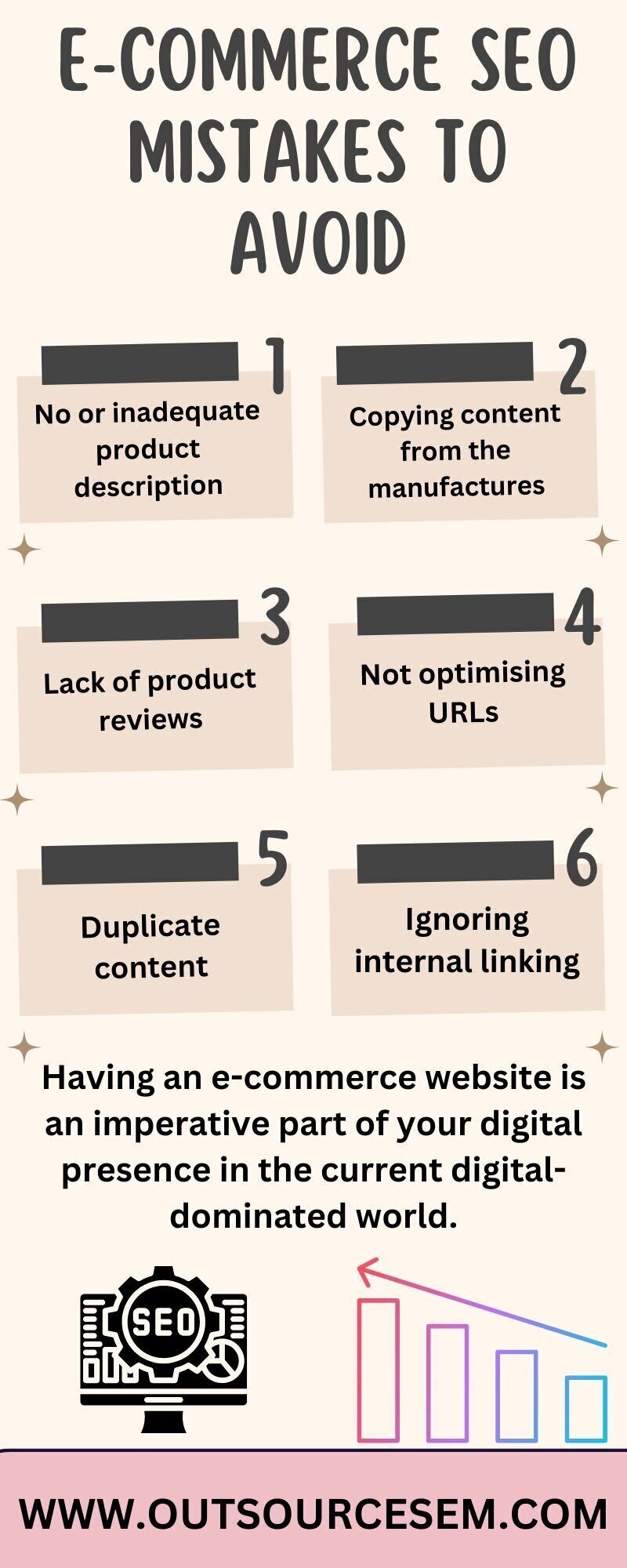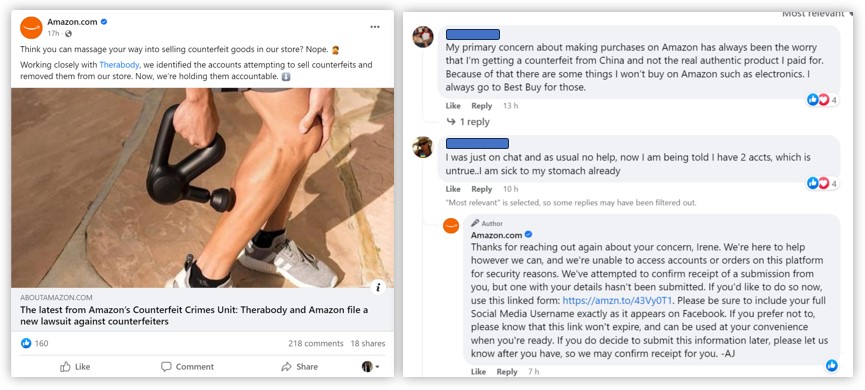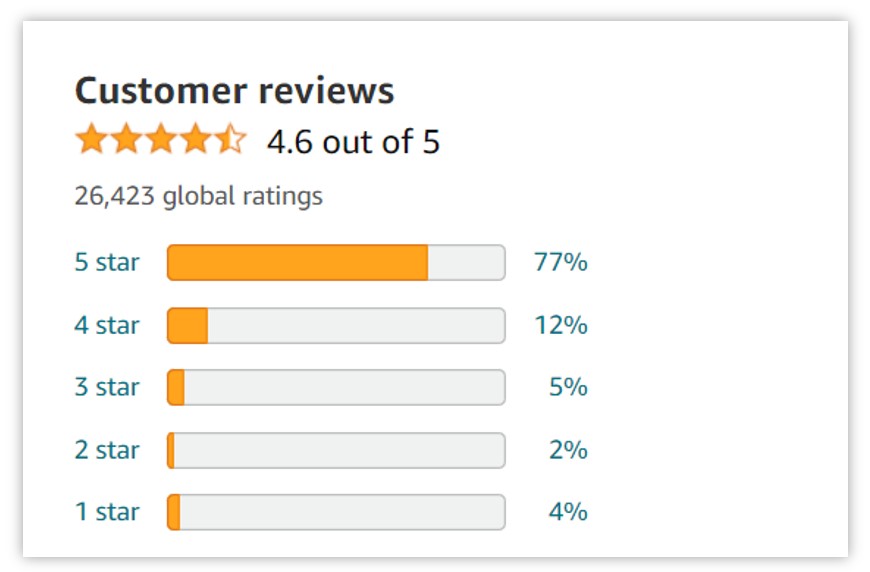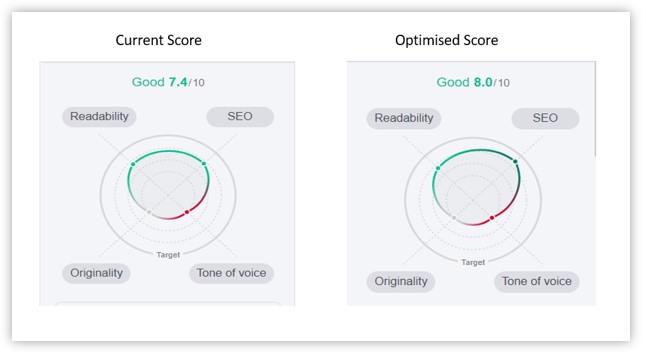Having an e-commerce website is an imperative part of your digital presence in the current digital-dominated world. It plays a crucial part in the customer journey—helping you introduce your brand, engage users, and boost conversions. However, with the rise in e-commerce websites, e-commerce SEO has also become more important to make sure your website ranks high in the SERPs. Unfortunately, many e-commerce companies make a set of common mistakes that prevent them from reaching their true potential. In this article, we will break down some of the common e-commerce SEO mistakes that you should avoid to get the best results from your e-commerce website.
.jpg)
E-commerce SEO mistakes to avoid

1. No or inadequate product description
Since describing the products that you will be selling is a critical part of any e-commerce store, lack of product description in any site can lead to mismanagement of the site. Without a product description of a product, it is very difficult to understand the product for any customer who visits your site. Hence, they may leave your product unattended. Also, no description leads to no keywords that can help customers find it. Additionally, search engine algorithms prioritise content that includes relevant keywords, so not providing any product description may result in a low-ranking on SERPs (search engine result pages) and, as a consequence, can lead to limited organic reach and fewer conversion rates.
Moreover, product description in an e-commerce store should be optimized for both users and search engines. It is of utmost importance to make sure that your website content appears natural while using the selected keywords. Lack of description can also create content duplication issues since the same products keep appearing on the SERPs and, therefore, the website’s ranking on the SERPs may decrease. Furthermore, customers require information before making a purchase, so no description results in them having to search for the product elsewhere, and even abandon the purchase of it. This can lead to a loss in revenue due to missed opportunities. Hence, it is important to make sure that all of your products have properly optimized descriptions in order to avoid these mistakes and gain the most from search engine optimization.

2. Copying content from the manufactures
This is another serious mistake that some websites make. One of the major issues is that it violates copyright laws. When a website takes content from the manufacturer's website, it is IP theft. The Manufacturer may take steps to have the website taken down or blocked. Another issue with Copying content from the Manufacturer’s site is that it may not be optimized for SEO and Search Engine Rankings. Search Engines do not like duplicate content and they may rank the website lower due to this. It could also be damaging to the website’s reputation when other sources of similar content show up in search results before the stolen content.
Not only does copying content from the Manufacturer’s site lead to SEO penalties, but it could also confuse customers. If a customer visits the website to research a product or make a purchase and the content is the same as on the Manufacturer’s website they may think that the website is the Manufacturer’s official site. It could lead to confusion and loss of sales if the customer can’t differentiate between the two. E-commerce websites should take the time to create or source distinct and informative content in order to besuccessful in SEO and earn the trust of their customers. You must ensure your website has unique content and a properly optimized landing page. It is essential to optimize images on the website so that the target audience reaching the page converts from visitor to customer. It also entails that the more time a user spends navigating through different sections on the page, the higher the chances of them taking the desired action. This leads to an increase in organic traffic and the conversion rate increases.
3. Lack of product reviews
Reviews of products are a major factor when it comes to SEO and the success of an E-commerce website. Product reviews can help improve the visibility of an online product in search engine results, as they provide more information and context for the product and help make it stand out in comparison to other products from competing businesses. This is because product reviews can tell potential customers a lot about the quality and usability of a product, making the product more desirable in the eyes of the consumer. Not only positive but having negative reviews can also help assist customers in making an informed purchase decision, and a good number of reviews increases the levels of trust in the brand and product.
On the other hand, the lack of product reviews leads to e-commerce SEO mistakes in various ways. Without reviews, potential customers lack the information they need to make a decision on a purchase, leading to them searching for further information or opting for another product with similar reviews. This can increase the chance of customers being lost as a result, preventing a sale from being made. Furthermore, the lack of product reviews can also have a negative effect on the visibility of a website or specific products in search engine results, as reviews are part of the core factors when it comes to SEO, barring the website for the top spots.
Overall, it’s beneficial for e-commerce companies to have product reviews, or else they risk making SEO mistakes and losing potential customers. There are various ways for companies to increase the rating and quantity of reviews such as offering incentives, creating a customer review program, or investing in white label SEO services. Reviews, when done well, can paint a better and more comprehensive picture for potential customers, leading to more sales in the future. E-commerce companies should ideally invest in SEO services, such asSEO audit reports and keyword research services, to ensure their website is optimized for maximum visibility & ranking. Additionally, e-commerce businesses should also focus on integrating social media into their strategy, as this too can help with the visibility of their products and brand.

4. Not optimizing URLs
Not optimizing URLs for e-commerce companies and their websites can be a costly mistake when it comes to SEO. URLs should be optimized so that they are easy to read and appealing to web searchers and search engine bots/crawlers. Choosing short, descriptive URLs with targeted keywords can be beneficial for both customers and search engine rankings. Failing to include keywords in URLs, having poorly structured URLs, and using overly long URLs with a series of numbers and symbols can lead to lost visibility on search engine result pages (SERPs).It can also lead to poor user engagement, as final URLs are visible to people in search engine results and in web browsers.
With an impressive SEO-optimized URL, an e-commerce website can gain higher rankings in search engine queries. All products should have an individual optimized URL containing the product name or a well-chosen keyword that describes it. This informs search engine crawlers what the page is about, and can result in improved organic traffic. Additionally, including product categories in a URL will help to organize and gather related products under the same page. These optimized and categorised URLs also make it easier for customers to locate the right product quickly.
Another important factor for e-commerce companies to consider is using white label SEO services, which can help create SEO-friendly URLs, keywords, titles, and other on-page SEO components. Additionally, it is beneficial to undertake SEO reports and an SEO audit to further examine the website. This can help to identify any long-term issues or potential stumbling blocks.
For an e-commerce website, SEO keyword research, on page SEO for e-commerce, and e-commerce social media marketing are also important components for increasing organic traffic. With an optimized SEO strategy, e-commerce companies can make sure their website stands out among competitors while increasing their visibility on SERPs. By utilising all the right components and keeping in mind the pitfalls of failing to optimize URLs, ecommerce companies can avoid costly SEO mistakes.

5. Duplicate content
Duplicate content. It can lead to a number of SEO mistakes, which can be detrimental to an e-commerce business. Duplicate content usually occurs when website pages contain similar or identical content, making it difficult for search engines to distinguish which web page to index. This can lead to the search engine indexing the wrong webpage, which can cause organic traffic to those webpages to suffer massively. It is important for e-commerce websites to create unique, informative content that can differentiate product pages from one another. This ensures that the search engine will be able to correctly identify the desired product pagewhen people search for it. It is also important to ensure that product descriptions are unique and not just duplicated from the product manufacturer.
It is also important to avoid duplicate URLs, this means that if a product page can be reached via multiple URLs, only the desired URL should be used. This prevents the search engine from getting confused as to which page should be indexed. Link building tactics should also be avoided. This can create duplicate content on the website and can be viewed as an attempt to manipulate search engine rankings.
Overall, duplicate contentcan create a number of SEO issues for e-commerce websites and should be avoided. By creating unique, informative content and avoiding duplicate URLs and link building, e-commerce websites can ensure that their SEO efforts are not sabotaged by duplicate content.

6. Ignoring internal linking
Internal linking is a key practice in search engine optimization (SEO). It can help link content together on a website, enhancing user experience and optimizing for search engines. Internal linking is an often overlooked aspect of SEO, and forgetting about it can lead to great mistakes in SEO.
Neglecting to internally link relevant pages together could lead to decreased visibility on search engine results pages (SERP). When search engine crawlers are crawling a website, they gauge content relevance based on how it is connected to other content. Providing numerous internal links to topically related pages can enhance search engine rankingsfor the content being linked.Not optimizing internal links can lead to lower click-through rates (CTRs) from SERP Search engines display the titles of your pages in the SERP to lure people to click through to your website. However, if titles are not well-crafted, they might not attract the attention of users, resulting in low CTRs. Additionally, if users cannot easily navigate through your website, it can frustrate them and discourage them from visiting other pages on the site.
Ignoring internal linking can lead to low dwell time. Dwell time is the amount of time that a user spends on your website after visiting it from a SERP. It is a key metric when measuring SEO success, as it indicates whether or not a SERP entry was able to hold a user’s interest. If there are no internal links guiding users to other pages, then this can lead to a low dwell time, as users may leave the page shortly after arriving. Ultimately, forgetting about internal linking is an SEO mistake. It can hinder a website’s ranking potential, negatively influence CTRs, and reduce dwell time. Taking the time to include multipleinternal links on a website, clicks, and dwell time.
.jpg)
Bottomline
SEO errors in e-commerce to generate revenue and build brand awareness. It's essential for businesses to take the time to understand the common SEO errors, identify areas of improvement, and implement strategies to fix them. In a nutshell, SEO errors in e-commerce need to be taken seriously by businesses in order to create a competitive edge. Companies should ensure that their webpages are optimized with the right title tags, meta descriptions, internal links, content, images, and keywords.
Businesses must also ensure that broken links, content duplication, and slow loading pages are fixed as these can severely affect a website’s ranking. SEO errors should be correctly identified and fixed in order for businesses to maximise their revenues and take advantage of the opportunities the internet offers.As e-commerce websites deal with online shopping so it essential to analyze and fix the SEO errors. As you outsource PPC services to an offshore digital marketing company so that the PPC experts focus on campaign analysis, conduct PPC keyword research, conduct PPC audit, prepare PPC reports, etc. and improve the performance of the PPC ads. Similarly, you can outsource e-commerce SEO services to a white label digital marketing company so that the SEO professionals can help you enhance the performance of your e-commerce website and the number of conversions. By hiring our digital marketing experts you can avail various other services for your other industries like HVAC SEO, roofing SEO, flooring SEO, lawyer SEO, small business SEO and much more. By availing these services you can increase sales and conversions for your business.
References:
. 7 Critical SEO errors of e-commerce websites
. The 10 most common SEO mistakes e-commerce sellers make
